Bill Gates is back with one of his annual traditions, recommending three of the best books he read in 2023 as holiday gift recommendations. In a new post on his GatesNotes blog on Monday, the Microsoft co-founder also shared his list of favorite holiday songs, a show he liked on Netflix and an online course on economics for those looking for something to watch or heard.
The Song of the Cell, by Siddhartha Mukherjee. All of us will get sick at some point. All of us will have loved ones who get sick. To understand what’s happening in those moments—and to feel optimistic that things will get better—it helps to know something about cells, the building blocks of life. Mukherjee’s latest book will give you that knowledge. He starts by explaining how life evolved from single-celled organisms, and then he shows how every human illness or consequence of aging comes down to something going wrong with the body’s cells. Mukherjee, who’s both an oncologist and a Pulitzer Prize–winning author, brings all of his skills to bear in this fantastic book.
Not the End of the World, by Hannah Ritchie. Hannah Ritchie used to believe—as many environmental activists do—that she was “living through humanity’s most tragic period.” But when she started looking at the data, she realized that’s not the case. Things are bad, and they’re worse than they were in the distant past, but on virtually every measure, they’re getting better. Ritchie is now lead researcher at Our World in Data, and in Not the End of the World, she uses data to tell a counterintuitive story that contradicts the doomsday scenarios on climate and other environmental topics without glossing over the challenges. Everyone who wants to have an informed conversation about climate change should read this book.
Invention and Innovation, by Vaclav Smil. Are we living in the most innovative era of human history? A lot of people would say so, but Smil argues otherwise. In fact, he writes, the current era shows “unmistakable signs of technical stagnation and slowing advances.” I don’t agree, but that’s not surprising—having read all 44 of his books and spoken with him several times, I know he’s not as optimistic as I am about the prospects of innovation. But even though we don’t see the future the same way, nobody is better than Smil at explaining the past. If you want to know how human ingenuity brought us to this moment in time, I highly recommend Invention and Innovation.
Online economics lectures by Timothy Taylor. I’ve watched a lot of lecture series online, and Taylor is one of my favorite professors. All three of his series on Wondrium are fantastic. The New Global Economy teaches you about the basic economic history of different regions and how markets work. Economics is best suited for people who want to understand the principles of economics in a deep way. Unexpected Economics probably has the broadest audience, because Taylor applies those principles to things in everyday life, including gift-giving, traffic, natural disasters, sports, and more. You can’t go wrong with any of Taylor’s lectures.
A holiday playlist. This one doesn’t need much explanation. I love holiday music and have put together a list of some favorites—classics and modern tunes, from the U.S. and around the world.





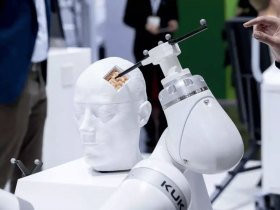


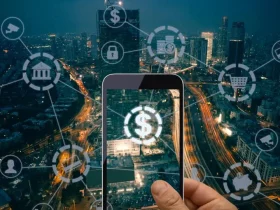
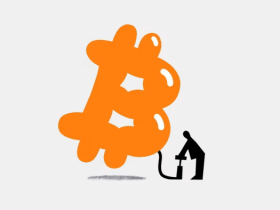
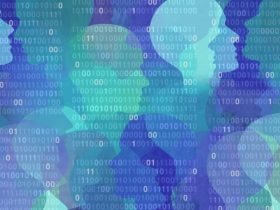
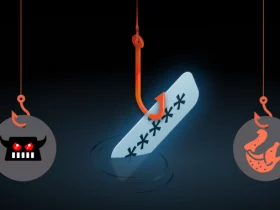


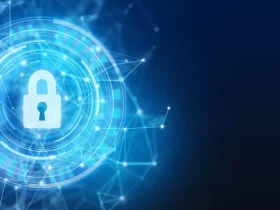

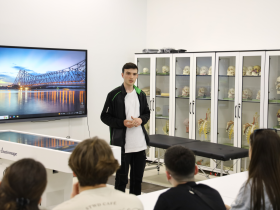



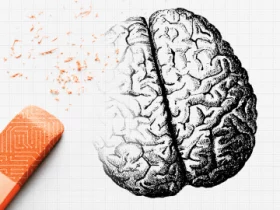

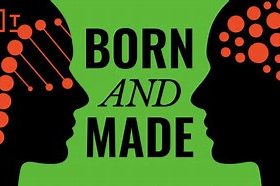
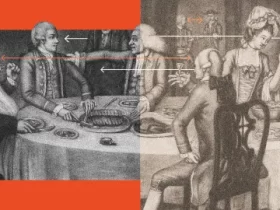






Leave a Reply